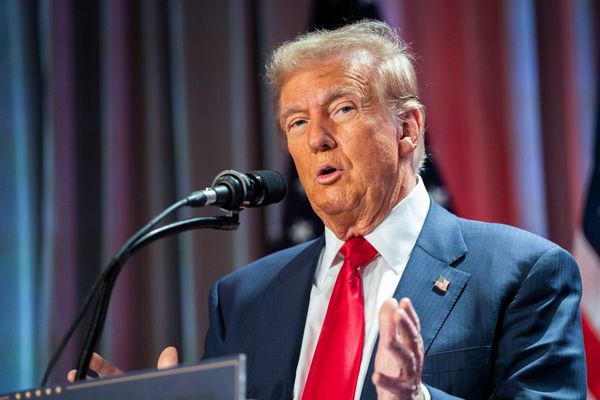
The federal government has a laser-like focus on the implementation of the Uluru Statement from the Heart, which includes a Voice to Parliament recognised in the constitution, truth-telling and a treaty.
It’s a list of milestones leading the national discourse about the merits, demerits and challenges of implementing a Voice. What isn’t a key focus right now is whether our institutions are fit for purpose if a Voice comes into being. Can Parliament do the job required?
There is no reason to doubt its possibility, but an additional tweak might be needed to ensure the system has ongoing symmetry.
A question that needs answering is exactly who will be doing the “listening”, and whether the same structures will be in place to listen to those that form the Voice in years to come. Parliament is the obvious answer, but its conventions are not entirely suitable and require some rethinking.
As the constitutional amendments take further shape during the debate, let’s reflect on one example: the structure of committees that hold inquiries and review legislation in federal Parliament.
There has been a committee dealing with Indigenous affairs in Parliament for some time, but its status has shifted over the past 12 months. The Coalition government had a House of Representatives committee for Indigenous affairs, but it was a committee only of the lower house.
Only lower house members could participate in inquiries, meaning Senate members could not partake except through liaising with or briefing political colleagues who might be on the committee.
Labor’s 2022 election saw the status of a committee dealing with Indigenous matters elevated to that of a joint parliamentary committee. Members and senators are able to serve on this committee as it is a committee of the whole Parliament.
It raises an important question in the context of the referendum to enshrine a Voice to Parliament in the constitution, given that the status of such a committee as a body of one or both chambers appears to be dependent on the whims of an incumbent administration.
The constitution provides for both chambers of Parliament to make rules for the behaviour and conduct of parliamentary business. This is good, proper and necessary, but does the permanent nature of a Voice as envisaged in the referendum necessitate a permanent joint committee also constitutionally enshrined?
A strong case can be made for a specific joint committee hardwired in the constitution so that the Voice has a permanent body with which it can communicate. There is nothing to say the constitution cannot specify Parliament must have a specific committee. A general scope of its activities can be inserted with a provision for Parliament to add further items as required.
Such incorporation of a committee for Aboriginal and Torres Strait Islander affairs in the constitution would also ensure there would be no vacillating on the status of the committee based on the preferences of the government of the day.
Issues related to Indigenous communities in this country are too important for the creation of committees to be the subject of political whim.







